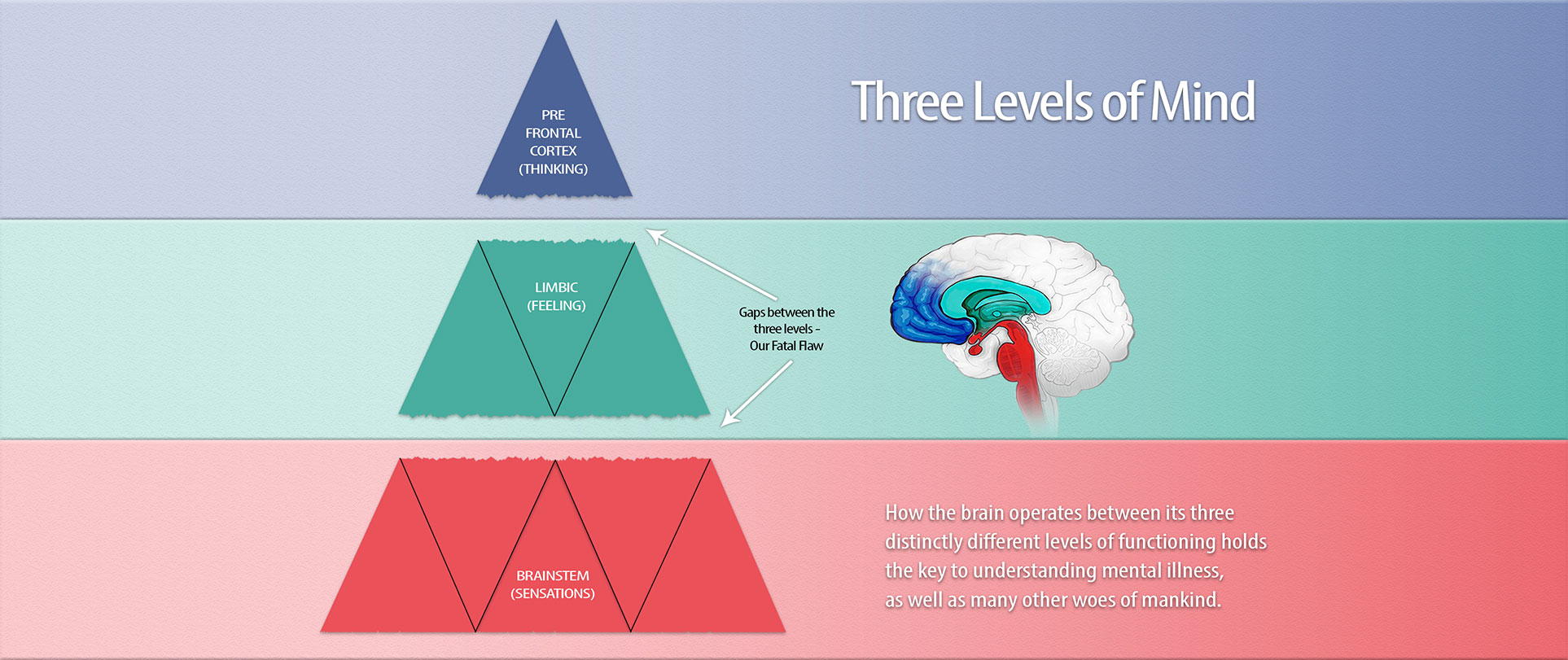In 2014 I wrote a chapter on suicide in my book ‘Love Sex and Mental Health’ and in 2016 wrote a blog about suicide and how it works within the three levels of human consciousness. In this 2018 blog I will review as to where the medical profession are in their understanding of the causes of suicide.
Beyond Blue is an Australian organisation that provides information and support for people suffering from mental health problems, especially anxiety, depression and suicidal thoughts. They state that 200 Australians will attempt suicide every day, and on average eight will die.
From 2016 to 2017 the suicide rate increased from 11.8 to 12.7 deaths per 100,000 of population. These sorts of figures also occur on a world-wide basis. This is despite the fact that billions of dollars are being spent on research and help facilities like Beyond Blue.
Medications have been the main treatment protocol, but there is a growing acceptance in the medical field that they often do not work. As further proof there are many websites and facebook pages where people describe their battles with mental health despite undergoing prescribed treatment plans.
John Mendoza from the Suicide Prevention Society in Sydney, Australia, was interviewed on television earlier this year. He discussed the fact that since 1954 there has been an inquiry into mental health about every two and a half years, on average. Practical help is not working and there is a severe shortage of personel. He added that clinicians dealing with depression, anxiety and suicide burn out in five years.
It is my view this all this occurs because people simply do not understand the forces they are dealing with, and that they do not understand how these forces play out within the three levels of human consciousness.
Elizabeth Gilbert is a well-known author who writes about the human condition. Although I am reasonably sure she has not experienced the three levels of consciousness as separate entities, she has done a good job of describing the effects that our sensation level of consciousness has on our individual lives.
Gilbert writes ” There’s this tremendous psychological and spiritual challenge to relax in the awesome power of it until it has gone through you. Grief is a full-body experience. it takes over your entire body – its not a disease of the mind. Its something that impacts you a the physical level… I feel that it has tremendous relationship to love: First of all as they say, its the price you pay for love. But, secondly, in the moments of my life when I have fallen in love, I have just as little power over it as I do in grief. There are certain things that happen to you as a human being that you cannot control or demand, that will come to you at really inconvenient times, and where you have to bow in the human humility to the fact there’s something running through you that’s bigger than you.”
I have read and heard of other people also describing something as ‘bigger than themselves’, but it really is part of us – Mental health experts and the population at large generally do not understand the power of our brain-stem sensations. Grief, suicide and love all generate their power at the level of sensation and we try to understand it at the level of cognition only – to our severe detriment.
My freedom from suicidal thoughts and depression came about because I went down into the basement of my mind (the brainstem) and dealt with the awful imprints that I had carried from an unloved childhood.
The really big turnaround in my life is that I now know these forces are not bigger than myself- they are me – and when I accept that and let them overpower my thinking mind, life itself becomes a powerful and exhilarating experience.
I would love to see the next inquiry into mental health in Australia include some research into the three levels of human consciousness. Only then will we truly understand why people suicide, and when we have that understanding we can come up with protocols that will work.
